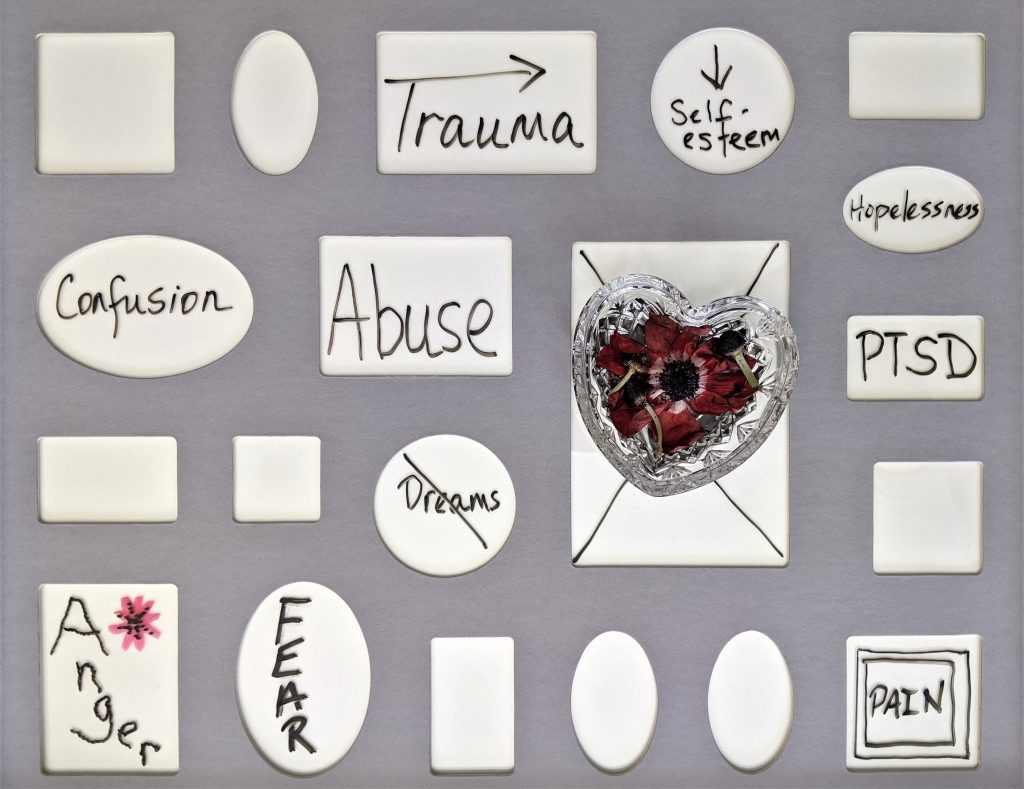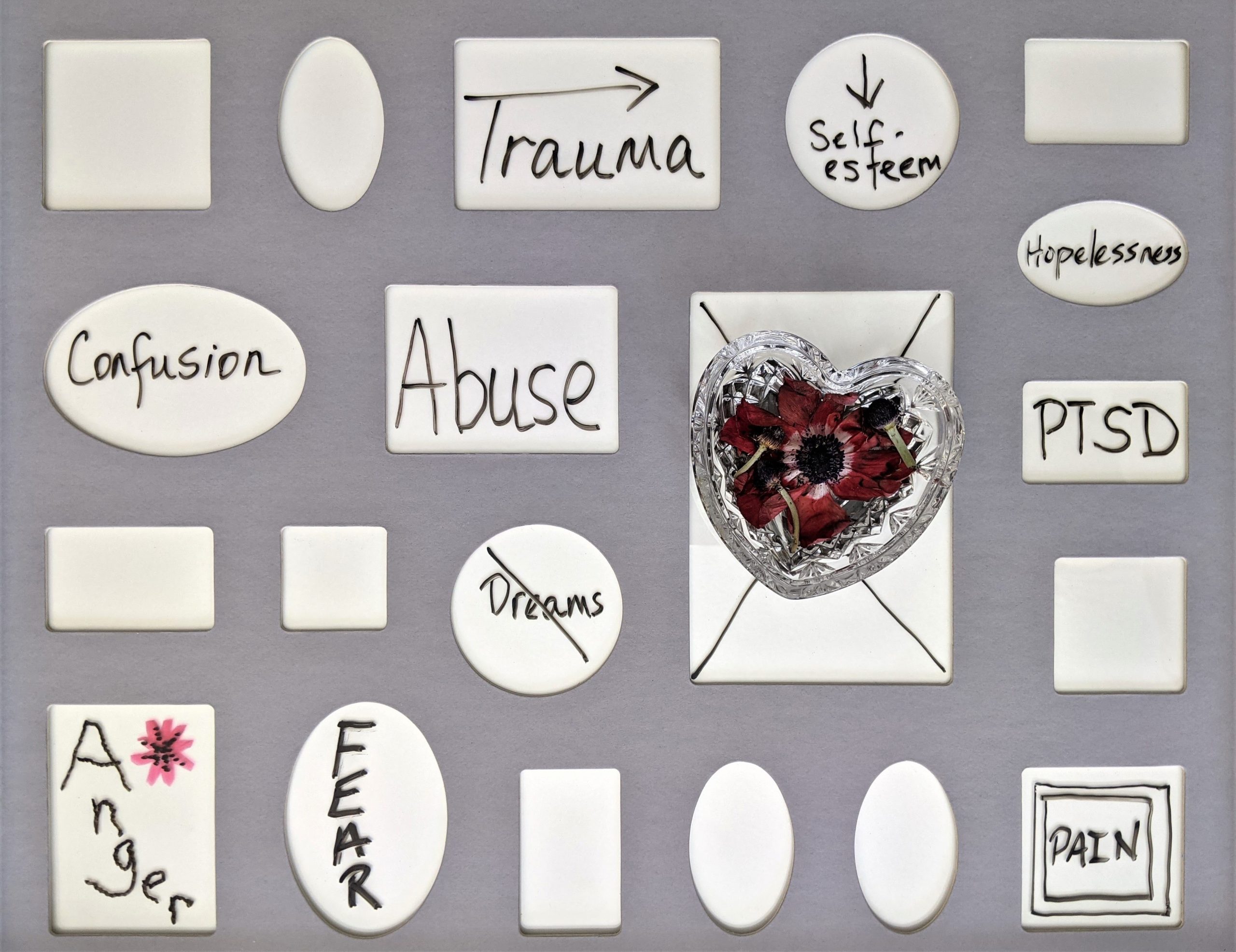What’s the difference?
If you’ve heard the terms “substance use” and “substance abuse,” you might be wondering if they mean the same thing or if there’s a distinction between them.
Both terms refer to the use of substances like alcohol, drugs, nicotine, cannabis, or prescription medications. However, one refers to problematic use, whereas the other is a broader term that encompasses all substance use, problematic or not:
Substance Use: “Substance use” refers to the use of any legal or illegal substance. “Substance use” is a broad term that includes all forms of harmful substance use.
Substance Abuse: Previously, the term “substance abuse” referred to addiction or the risky/dangerous use of one or more substances. However, the professional diagnostic manual, known as the Diagnostic and Statistical Manual of Mental Disorders (DSM-5-TR), no longer uses the term “substance abuse” because it can be stigmatising; instead, the preferred term is “substance use disorder. “

Why Is “Substance Abuse” No Longer Used?
The term “substance abuse” has been dropped because the word “abuse” has negative connotations and is associated with judgment or punishment.
The medical term “substance use disorder” now refers to the uncontrolled use of a substance despite negative consequences to one’s health, work, studies, family, and day-to-day functioning.
Substance use disorder is both a complex brain disorder and a mental illness that is classified as mild, moderate, or severe based on the criteria met by each individual.
Symptoms
When does drinking with friends or taking a pain reliever for a headache (occasional substance use) become alcoholism or a drug addiction (substance use disorder)?
When a person begins to exhibit these symptoms, he or she may be diagnosed with a substance use disorder:
• Having strong cravings for the substance
• Using more of the substance than intended
• Not being able to cut down on one’s use of the substance despite wanting to or constantly trying to
• Spending a lot of time procuring, using, or recovering from the aftereffects of the substance
• Facing problems at home, work, or school due to one’s substance use
• Developing a tolerance to the substance and requiring more and more of it each time to achieve the same effect

Diagnostic Requirements
Based on the number and severity of the person’s symptoms, your healthcare provider will determine whether your substance use is concerning and whether you have a mild, moderate, or severe substance use disorder.
The following are the diagnostic criteria:
Mild substance use disorder: Having two or more of these symptoms in the previous 12 months..
Moderate substance abuse disorder: Experiencing four to five of these symptoms in the previous 12 months.
Severe substance use disorder: Having six or more of these symptoms during the previous 12 months.
Causes
Substance abuse is frequently a precursor to the development of a substance use disorder. In fact, for some people, experimenting with or occasionally using a substance can be the first step towards developing a substance use disorder
Substance abuse frequently begins in the following ways:
• Trying the substance: Many people begin using substances out of curiosity, as an experiment, or as a result of peer pressure.
• Using the substance to feel good: People use substances to feel intoxicated and pleasurable, also known as “a high.”
• Using the substance to improve performance, alertness, energy levels, and cognition: Some people use substances to enhance their performance, alertness, energy levels, and cognition.
• Using the substance to feel better: Substances can help people forget their problems, relieve stress, reduce pain, and feel numb.
After beginning to use substances, a person may be at risk of developing a substance use disorder. These are some of the risk factors for developing a substance use disorder:
• Genetic susceptibility
• Social pressures
• Environmental stressors
• Mental health issues
• Personality traits of individuals
Cultural, social, religious, historical, and legal factors can all influence which types of substance use are acceptable. For example, public laws determine which substances are legal or illegal and how much of a substance can be consumed legally. Furthermore, some cultures forbid the use of certain substances while allowing others.
Diagnosis
Professionals who are certified or licenced in addiction treatment can determine whether a person’s substance use is a cause for concern, as well as diagnose and treat substance use disorder. If necessary, your primary care physician can refer you to a specialist.
The diagnostic process entails a comprehensive assessment that frequently includes:
• Using diagnostic tools to determine whether a person’s symptoms meet the DSM-5-TR diagnostic criteria for substance use disorder.
• A physical examination or other tests to determine the extent of the person’s use, assess their health status, and rule out any other physical or mental health issues.
It’s critical to be open and honest with your healthcare provider about your symptoms and substance use so that they can accurately determine whether or not your substance use is a cause for concern and if you have or are at risk of developing a substance use disorder.
Proper diagnosis is essential to receiving the most beneficial level of care.
Treatment
If the individual’s healthcare provider determines that their substance use is problematic and that they have a substance use disorder, they may need to seek treatment.
Treatment entails a professional assessment and treatment plan tailored to the individual’s needs for long-term recovery. The treatment plan can differ depending on several factors, including the severity of the use and the person’s resources and sources of support.
Substance use disorder treatment may include:
• Medication
• Therapy
• Outpatient, inpatient, or residential treatment
• Aftercare, relapse prevention and such as sober living
If you are concerned about your substance use and believe you may be developing a substance use disorder, the best thing you can do is seek help and information. Call Freephone at 0800 140 4044
Freephone: 0800 140 4044
Local rate: 0300 330 3040

